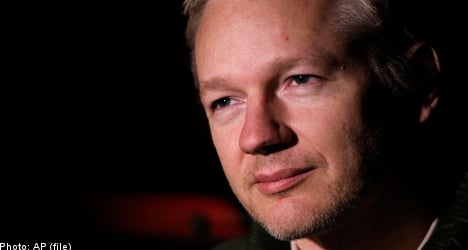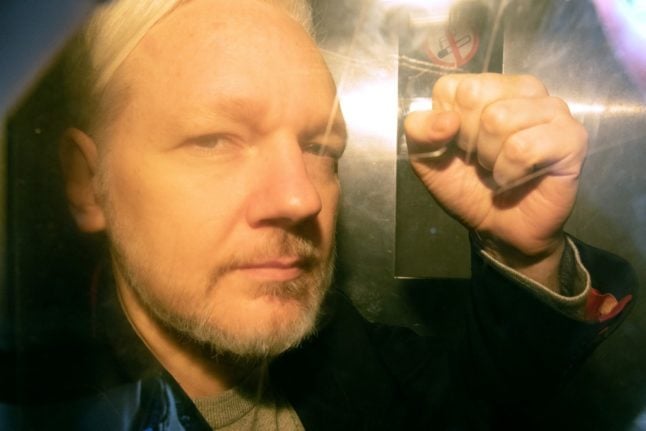Assange has announced that he would use the profits for legal costs, the Guardian reported on Sunday.
He is currently fighting an extradition request to Sweden after two women accused him of sexual misconduct, charges that he denies. An extradition hearing to Sweden is scheduled for February 6th to 7th, the report said.
He told the Sunday Times that he was forced to enter the deals for an autobiography due to the financial difficulties he and the site have encountered.
“I don’t want to write this book, but I have to. I have already spent £200,000 for legal costs and I need to defend myself and to keep WikiLeaks afloat,” he told the Sunday Times.
Assange has reportedly inked a $800,000 deal with American publisher Alfred A. Knopf, while a British deal with Canongate is reportedly worth £325,000.
According to Assange, legal costs for the whistleblowing website and his own defence have reached £500,000. In addition, the decisions to halt donations to WikiLeaks by Visa, MasterCard and PayPal have cost it £425,000, the same amount it costs the website to publish for six months.
At its peak, WikiLeaks was receiving £85,000 a day, according to Assange.
The Guardian added that Assange is more concerned about his potential prosecution in the US due to the leaked data on WikiLeaks than a potential extradition request to Sweden.
He believes President Barack Obama is “trying to strike a plea deal” with Bradley Manning, the alleged source of the diplomatic cables.
Previously, Assange had told the Guardian that WikiLeaks was struggling with funding to pay its legal bills despite the amount of time a number of lawyers had donated to the organisation.
Assange was released on bail two weeks ago and currently lives under virtual house arrest at a supporter’s country mansion in eastern England.



 Please whitelist us to continue reading.
Please whitelist us to continue reading.
Member comments